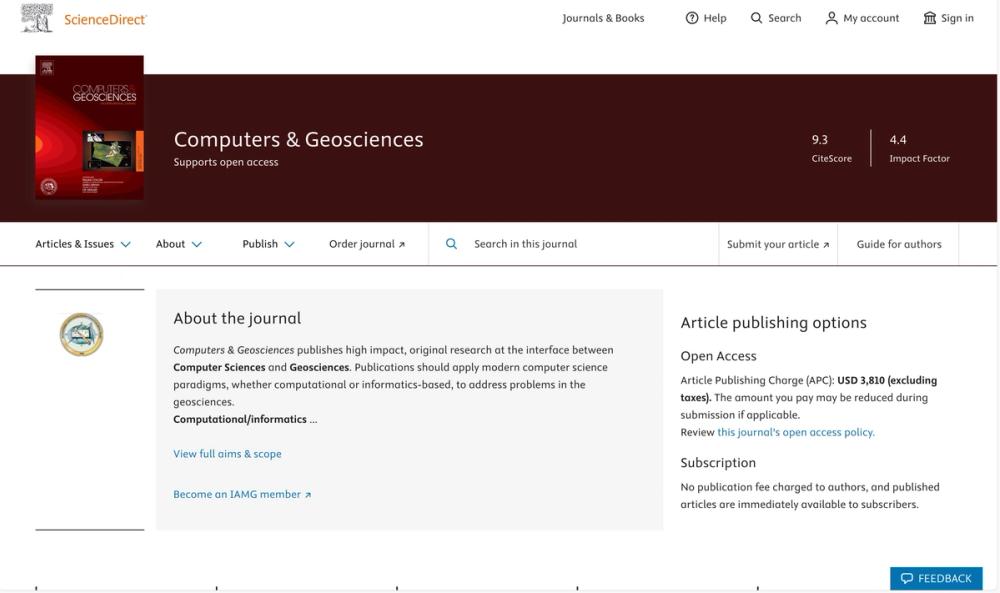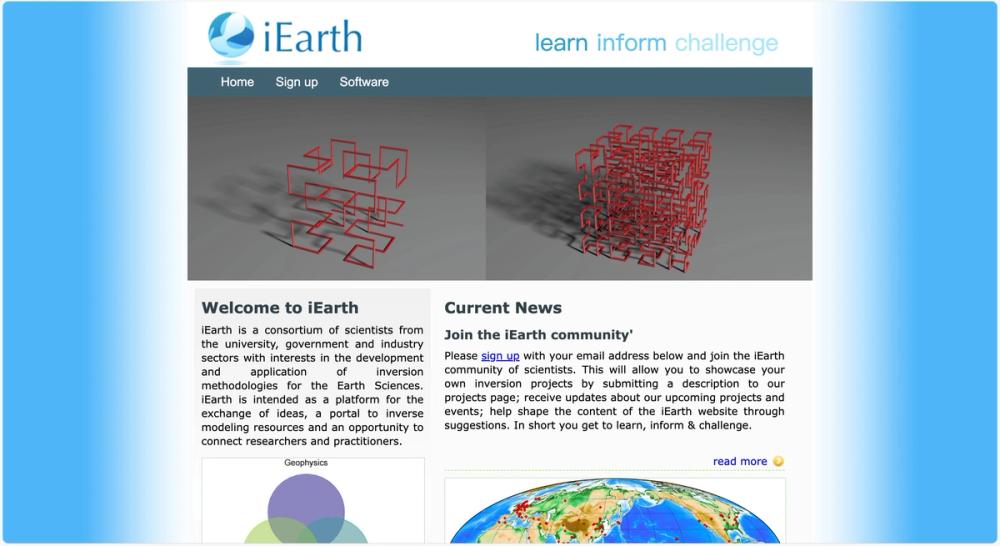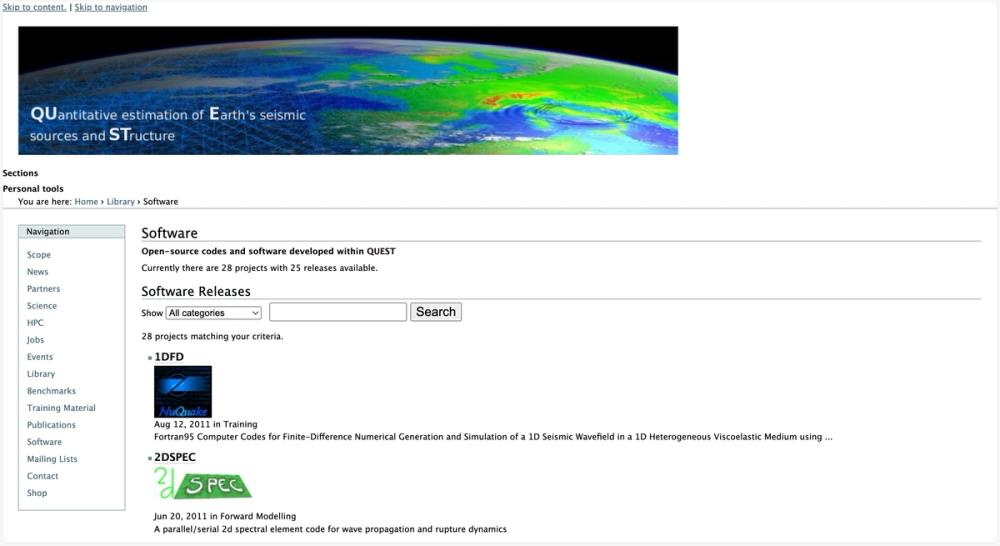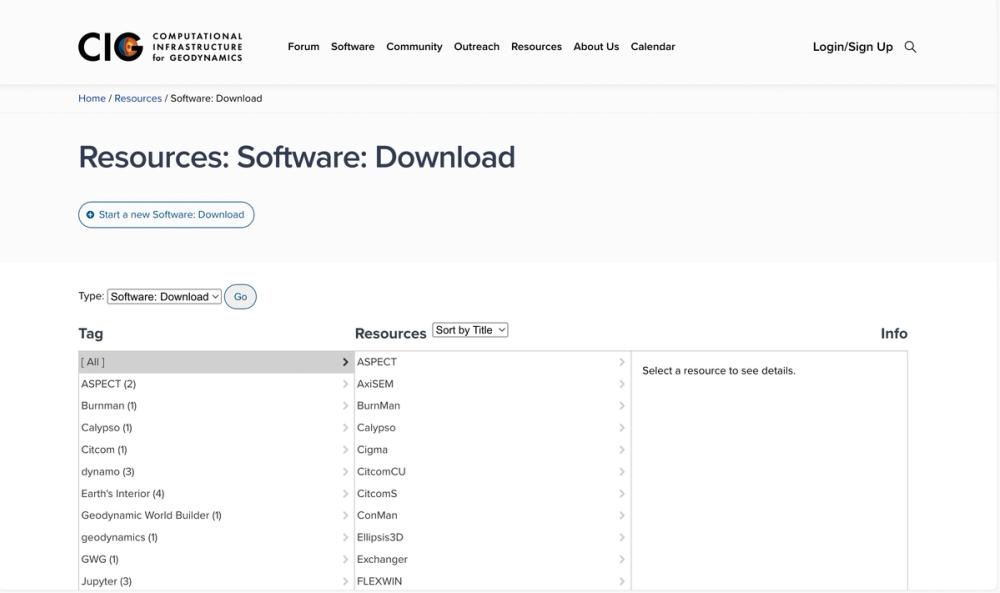Computers & Geosciences Journal Overview
Name
Computers & Geosciences
Link
www.sciencedirect.com/journal/computers-and-geosciences
Description
Computers & Geosciences is a peer-reviewed journal publishing high-impact research at the interface of computer science and geosciences, focusing on computational methods, algorithms, and data analysis to address geoscientific challenges.
Key Words
peer-reviewed, computational geosciences, computer science, geoinformatics, algorithms, data analysis, GIS, remote sensing, numerical modeling, open source
Introduction
Computers & Geosciences, published by Elsevier, is a premier peer-reviewed journal dedicated to advancing research at the intersection of computer science and geosciences. Established to bridge these disciplines, it provides a vital platform for researchers, scientists, and practitioners to publish innovative, high-impact studies that leverage computational and informatics-based methods to address complex geoscientific problems. The journal emphasizes the application of modern computer science paradigms to geoscientific domains, fostering interdisciplinary collaboration and technological innovation.
The scope of Computers & Geosciences is broad, encompassing a wide range of geoscientific fields, including mineralogy, petrology, geochemistry, geomorphology, paleontology, stratigraphy, structural geology, sedimentology, hydrology, hydrogeology, oceanography, atmospheric sciences, climatology, geophysics, geomatics, seismology, geodesy, environmental science, soil science, and glaciology. Computational and informatics elements covered include computational methods, algorithms, data models, database retrieval, information retrieval, near and remote sensing data analysis, data processing, artificial intelligence, computer graphics, computer visualization, programming languages, parallel systems, distributed systems, the World Wide Web, social media, ontologies, and software engineering. This interdisciplinary focus ensures that the journal addresses diverse challenges, from geological modeling and geospatial data analysis to environmental monitoring and natural hazard assessment.
The journal publishes several types of articles, including research papers and case studies (up to 5,500 words), review papers (up to 10,000 words), book or software reviews (up to 1,650 words), and letters to the editor. Research and application articles must provide novel contributions or describe real-world case studies, while review papers critically assess the state-of-the-art in computational geosciences. A distinctive feature of the journal is its commitment to open science, requiring manuscripts presenting code or software to include a link to a publicly accessible repository with a clearly indicated open-source license. Manuscripts describing non-open-source code are desk-rejected, reflecting the journal’s emphasis on reproducibility and accessibility. The journal also maintains a GitHub repository (https://github.com/CAGEO) to fork source code or data repositories accompanying published papers, enhancing community access to research outputs.
Submissions to Computers & Geosciences undergo a rigorous peer-review process to ensure completeness, depth, novelty, timeliness, quality, and relevance to the journal’s readership. Authors are required to submit manuscripts via the Elsevier online system, adhering to guidelines such as single-column, double-spaced formatting, mandatory line numbering, and the inclusion of essential elements like abstracts, keywords, and detailed methodologies. The journal supports the use of Microsoft Word or LaTeX templates (available on the CAGEO GitHub repository) to streamline submissions. Supplementary materials, such as datasets or videos, are encouraged to enhance transparency, and authors are urged to deposit data in repositories like Dryad to ensure findability and reusability.
Computers & Geosciences also offers an open-access companion title, Applied Computing & Geosciences, for researchers seeking fully open-access publication. The journal’s Article Publishing Charge (APC) for open access is USD 4,010 (excluding taxes), though discounts may apply based on institutional affiliations or agreements. For subscription-based articles, an embargo period of 24 months applies before manuscripts can be publicly shared in institutional repositories. The journal’s global reach and high academic standards make it an essential resource for advancing computational geosciences, influencing fields like geological mapping, resource exploration, climate modeling, and hazard assessment. Its commitment to rigorous review, open science, and interdisciplinary innovation ensures its position as a leading venue for cutting-edge research.




